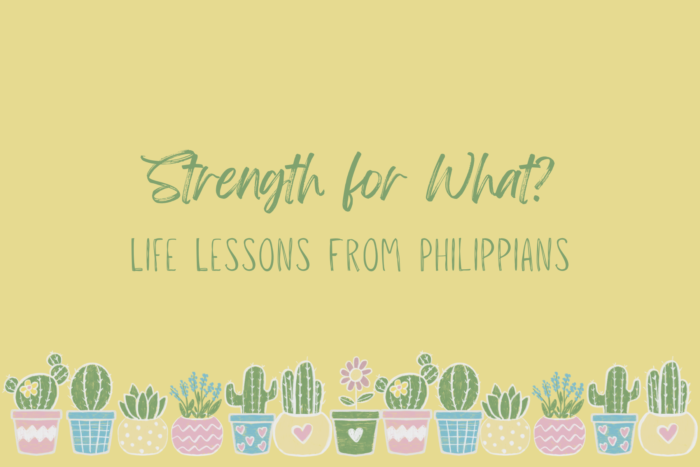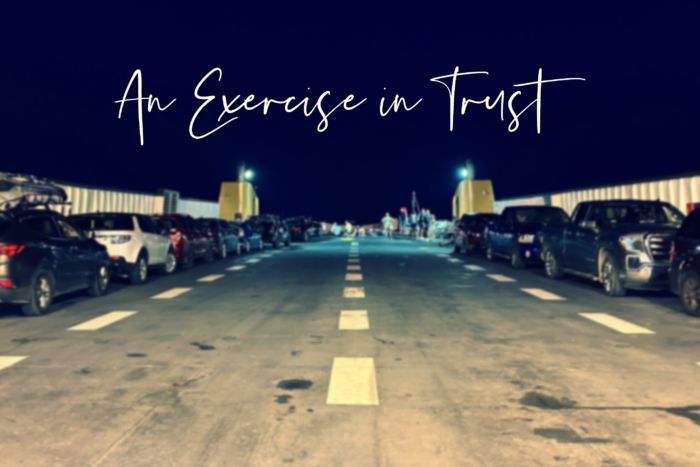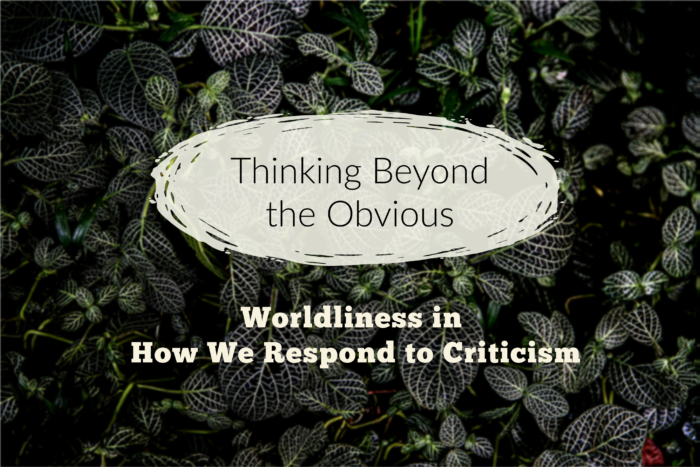Strength for What? (Life Lessons from Philippians)
I remember years ago seeing a photo on Instagram that showed someone working out at the gym with a verse from Philippians 4 written below it. I also remember being vaguely affronted about this. I didn’t think this was quite what that verse meant. But I never really went to the Bible to study the context and life continued on.
But this week, I find myself in Philippians, chapter four (and you do, too, if you are participating in the Growing4Life 2024 Bible Reading Challenge) and I am finding out that this specific verse does have some context we should consider.
The verse was Philippians 4:13. Let’s be reminded of what this says–
I can do all things through Christ which strengtheneth me.
Before writing this specific verse, Paul fills us in a bit on what has happened in his life and how He has been learning to be content, no matter what state he is in. He is able to be content in difficult circumstances because Christ gives him what he needs. And he is able to be content in wonderful circumstances because Christ gives him what he needs. Whether the need be material or it be an attitude–such as patience or humility–Christ supplies it. This is why Paul concludes this section with “I can do all things through Christ“. It is Christ who enables us to be content and to do the good works He has planned for us (Ephesians 2:10), no matter our circumstances.
Lehman Strauss, in his commentary on Philippians, puts it like this–
This is no idle boast nor is it the voice of one telling us that he always gets his own way. Rather it is the testimony of a godly man to the power of the indwelling Christ.
This verse is not a self-centered life verse that will enable us to do what we want. This seems to be where so many end up when they pull this verse out of its context. Instead, we must realize that this is about being able to do all that Christ has for us to do.
Again, Lehman Strauss, puts it so well–
But what does Paul mean by “all things”? Not all things we might like to do, but all the things we ought to do. If you have never taken lessons in flying an airplane, do not get into the cockpit and take off. I doubt very much if you would have a right to expect the Lord to give you a happy landing. I refuse to jump into water that is over my head, simply because I cannot swim. But in those things we know are required of us, we must learn to tackle them in Christ’s strength. Whatever we need, we must turn to Christ for its supply, and He will be in us the Power to do and be. To the weak He is Strength; to the ignorant He is Wisdom; to those lacking courage He is their courage; to the proud He is their Humility. Paul could be wanting for food and shelter without bitterness or complaint, but only through Christ. On the other hand he could be abounding in an oversupply of this world’s goods and not be conceited or proud, but only through Christ. The ability of Christ knows no inability; why not trust Him?
I’ve been thinking quite a bit about this self-centered “Christianity” that makes everything about US. No matter what subject we are discussing or what good work we are doing, we somehow almost always end up with “How will this affect me”? (Make me feel valued, give me self esteem, fulfill my dream, bring me glory or popularity).
One of the best things we can do for our Christian walk is to move from that kind of thinking and, instead, ask ourselves “How will this affect God”? (Will this bring Him praise and glory? Will it show His value? Will it esteem Him? Is this His will?)
God makes some really special promises to those who desire to live a life that is God-centered rather than self-centered. Philippians 4:13 is one of these promises. He will enable us to do what He desires us to do. He will enable us to live the way He wants us to live.
But this promise is not for the one who lives a self-centered life who treats God like a genie in the sky, believing He can be manipulated to give them their own way. This kind of life will only lead to heartache.
And, therein lies the beauty and uniqueness of the true and dedicated Christian life. When God is placed at the center, we are our happiest and most joyful selves. Serving God is what we were created to do. And, as Paul shows us in this chapter, this fills us with a contentment as no other thing can do. God has abundant promises and blessings for the one who seeks Him. These promises are throughout scripture and they are amazing and TRUE.
But these promises are only for those who want to live out the Christian life as God has laid down clearly in His Word. He desires we live a life of submission to His will and obedience to His commands. And, if we long to do this (although we will never do this perfectly), then we can be confident that God will give us the strength from day to day through Christ for all He has for us to do. It’s a beautiful promise and it will not go unfulfilled, for those that seek the Lord.











